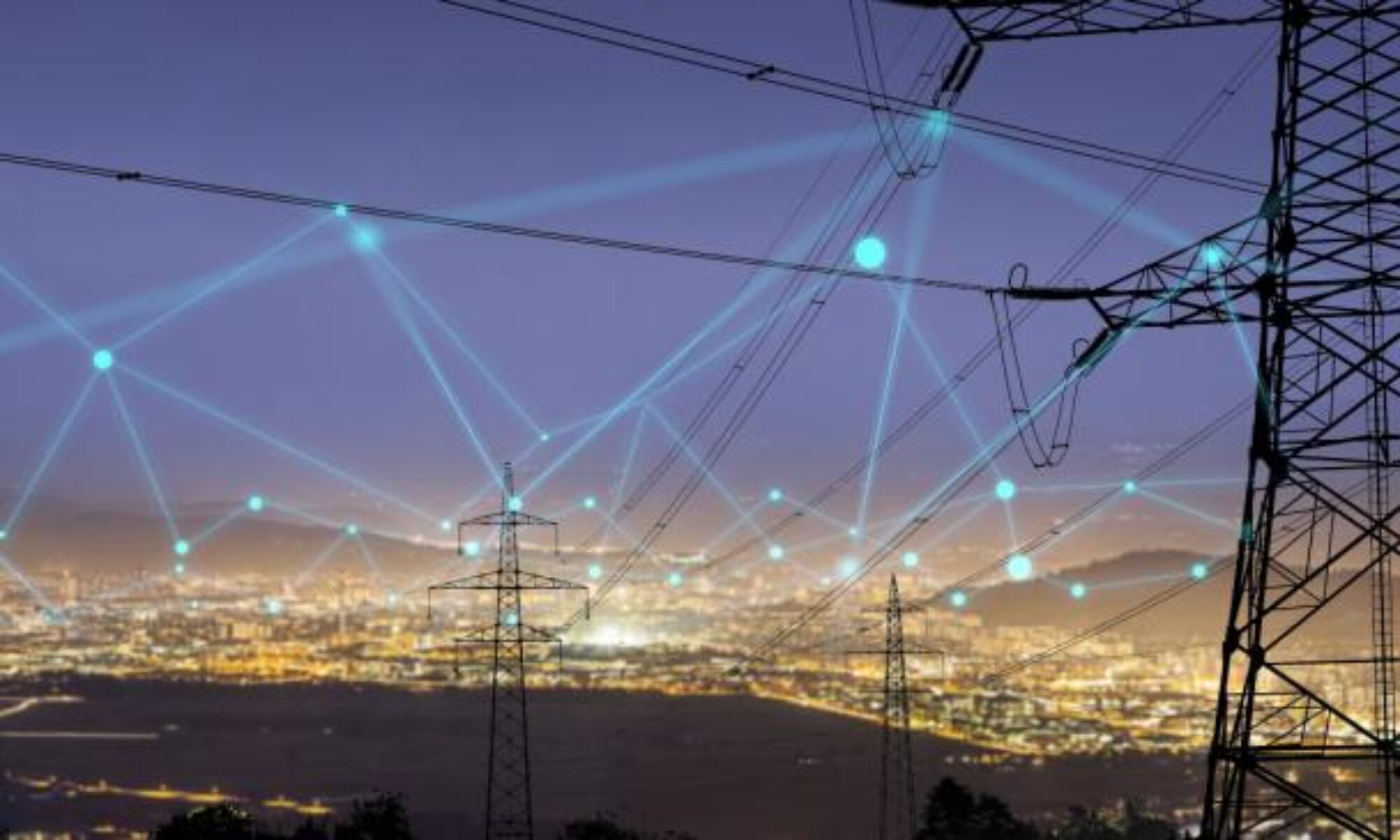In the previous post 8 different sets of predictions for the smart grid in 2012 were synthesized, and one prediction that the 8 sets seemed to miss was identified: customer engagement services will be a growth opportunity. In fact, it was remarkable how limited was any discussion of customers in the prediction sets. Take a look at the word map below that highlights the frequency of words among all of the 51 predictions and see if you can find “customer.”
This is all the more remarkable in the face of headlines like:
“Smart Grid Backlash: Michigan Opens Smart Meter Investigation”
“Smart Grid Consumer Pushback Spreads to Florida, Returns to Maine”
“Signatures Gathered to Put Smart Meter Issue to Naperville Voters”
And there are plenty more stories about customer concerns and pushback to smart grid. Further, a Zpryme customer survey indicated that 69.9% of customers were not knowledgeable about the Smart Grid and 85.8 % had not received any information about Smart Grid from their utility or didn’t know if they had (“HTU” stands for High Tech User):
The Consumers Electronics Association found very similar results in its survey last year.
So it’s very clear that end users need education, and that without that education greater resistance to smart grid implementation is likely.
And then there is the knee-jerk attitude found among some utility managers and smart grid vendors, best summed up in the following quote:
“… most (residential) customers …have such tepid interest in what smart grid can do for them. They don’t care because they have never cared. They’ve never had to think about their electricity supply, and asking them to engage with their utility via demand response, rooftop solar or time-of-use rates presupposes that they have an interest in power in the first place. They simply do not perceive a need to change.”
They don’t believe customers are interested in participating in better management of their energy, and this belief unfortunately gets reinforced when the utility approach to engaging the customer is to overwhelm them with statistics and meter readings. When properly approached, however, several studies have indicated that customers do, indeed, want to have a direct role in managing their electricity and respond to demand management programs such as time of use pricing. Tendril uses an interesting segmentation of residential customers as they relate to the smart grid:
Another segmentation done by the Smart Grid Consumer Collaborative developed 5 categories:
In summary:
- Customer engagement does not seem to be high (or at least as high as it should be) on the list of priorities in smart grid implementation.
- Some utility and vendor managers believe that customers don’t care, and that biases their approach.
- Failure to make the compelling argument guarantees customer pushback.
- Properly conducted customer engagement using behavioral techniques generates meaningful results. (Opower has coined the term “Information-based energy efficiency.”)
- One size does not fit all when it comes to communicating with customers and segmentation is important.
So what do we conclude from all of this? My opinion is that unless careful adoption of customer engagement approaches become a trend for 2012, more customer, and by extension, more regulatory pushback will occur. In addition, since the smart grid industry is plagued by a variety of confusing messages to consumers, and since “smart meters” have become synonymous with “smart grid” because of these confusing messages, problems with smart meter programs will negatively impact other smart grid programs.






Sorry, it appears so that Smart Grid was confused with Smart Meters.
IMHO, Smart Grid is about the ridiculous 30% efficiency of the $1.5T global electrical utility industry, while Smart Meters are about residential energy billing with time stamps.